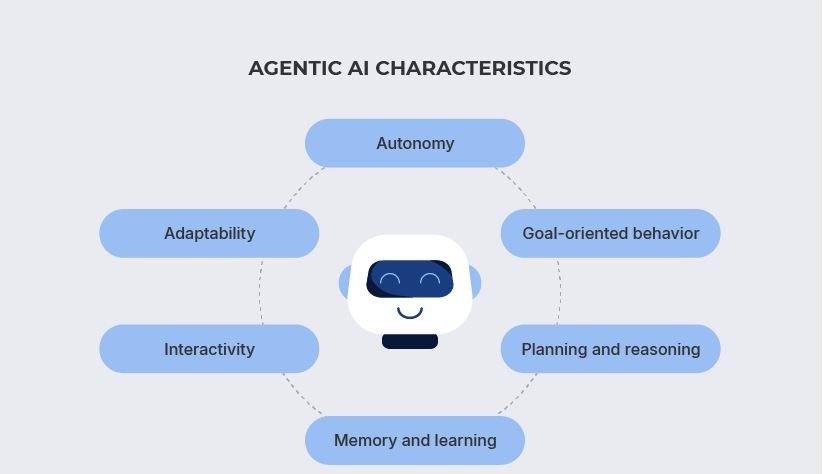
The IT world is always on the move: new technologies, tools, and fresh ideas are constantly filling the industry. Let’s take a look at some of the emerging trends in information technology that are likely to define our digital life in the near term.
Latest Information Technology Trends
Information technologies develop symbiotically, inevitably influencing each other: a breakthrough in one area stimulates innovations in others. For instance, new findings in artificial intelligence (AI) and machine learning (ML) trigger the creation of more sophisticated mobile applications or IoT systems.
Today’s businesses and social spheres depend on and develop due to intelligent technologies, blockchain, cybersecurity, and biotechnology. Understanding the current trends in information technology can place you a step ahead of the competition.
Artificial intelligence (AI): solutions that think and learn
Over the past few years, artificial intelligence has dominated tech headlines. Companies of all sizes have begun to introduce AI solutions into their operations and gain real benefits: more efficient workflows, fewer production issues, better customer service, and higher revenue, to name a few.
Here are some impressive stats:
- In 2024, the global AI market size reached $184 billion. By 2030, it is expected to be nearly $826 billion. (Statista)
- In the US, 73% of companies have already adopted AI in some areas of their business. (PwC)
- According to a survey by Gartner, 79% of corporate strategists consider AI and analytics essential for their success in the upcoming two years.
Practical applications of machine learning and artificial intelligence solutions are hard to enumerate. In healthcare, they diagnose diseases, assist in surgeries, and develop personalized treatments (solution example — IBM Watson Health). Retail and ecommerce utilize chatbots and smart product recommendations (solution example — Amazon AI). In the financial sphere, artificial intelligence works hard to detect fraud, forecast stock market tendencies, and automate planning (solution example — Wealthfront robo-advisor).
AI/ML adoption is most prominent in North America, leading the global market share, with Asia and Europe following closely. The sectors experiencing the greatest benefits from machine learning solutions include manufacturing, finance, healthcare, transportation, and security.
Intelligent solutions will be expanding their presence in diverse sectors, leading to expanded human capabilities. Companies that ignore or postpone AI implementation within the next five years will risk falling by the wayside.
2. Agentic AI: artificial intelligence that acts on its own
A growing subset of the artificial intelligence technology is agentic AI, whose distinctive feature is the ability to operate with no or minimal human intervention. If traditional AI systems follow predefined instructions, agentic AI systems are autonomous: they can reason, plan, and make decisions, adapting to dynamic environments — similar to how a human assistant would. Under the hood of such independent agents are machine learning and natural language processing (NLP).

